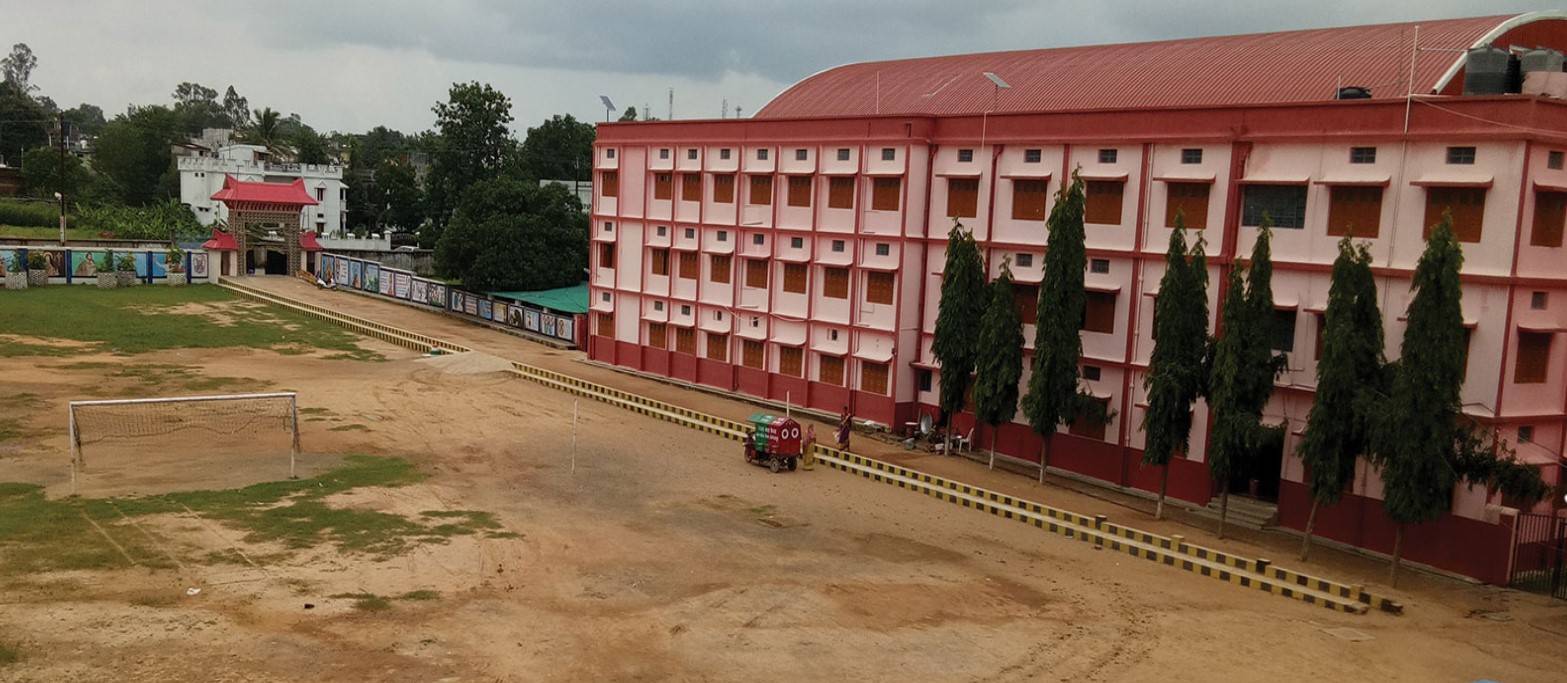SYDNEY, Australia — More than 200 Australian Catholic university students and alumni told the Synod of Bishops that young Catholics cannot be well formed in their faith when prelates create confusion by using “ambiguous language” on key issues “despite Christ’s clear teaching, the Church fathers and the clear dogma of the Church.”
Among the matters they specified as being treated ambiguously were the Church’s teaching on contraception, sexuality, Communion for divorcees and non-Catholics, married priests and female ordination.
“Such ambiguity is neither charitable nor desired by the youth and needs to be addressed by this synod,” they wrote in the letter to the Synod of Bishops on young people and vocations. The letter was signed by 217 students and alumni, including virtually all officeholders and leaders of the Australian Catholic Students’ Association.
“Some of the synod fathers wish to avoid a church of ‘rules’ which fail to encourage a personal relationship with Jesus Christ,” they wrote. “However, these rules lead us to Christ, they always have. We need the Church to explain why and how this is.”
They urged the synod not to fall into the trap of adopting “policy speak” as opposed to clarity in speaking to young Catholics throughout the world.
“When the Church eschews the truth for policy-speak, young people are left with only superficial banalities to express their beliefs. Deliberately unclear words are, ironically, relied on and repeated with rigidity. The Church should not discourage young people following its rules in love, nor its priests from teaching them.”
They also urged the adoption on a greater scale of practices that would attract the young to the Church, even in architecture.
“We pray for an increase in practices which help satisfy the sacramental needs of our bodies and souls — pilgrimages, confession, devotions, adoration, sacred art, music and architecture. The world can be an ugly place, and the outward beauty of our churches should be rays of light in our communities, particularly in the lives of the poor,” they told the synod members.
Citing the meteoric rise in popularity of Canadian agnostic and psychologist Jordan Peterson, they also urged the bishops to have courage speaking to young people.
“Only the Church can provide real meaning to our world. The synod fathers need to accept this mission. The young want the truth, unambiguously,” they wrote.
They urged synod members to not make the mistake of dumbing-down liturgy as a way of engaging the young.
“Of course, we want our churches to be welcoming to everyone, we want as many souls as possible to be received into the Church. But we also want the Mass to be worthy of the profound claim it is making — that the same Jesus Christ of the Gospel descends to the altar body, blood, soul and divinity, in every instance,” they wrote.
“The problem is the debate over ‘worth’ and ‘welcoming’ (in the synod) is limited to what form and what tone the Mass should take. This makes the holy sacrifice of the Mass look like a battlefield between the faithful, when it should only proclaim the victory of Christ over death, time and sin.”
Part of the solution, they wrote, was to create a welcoming church before consideration of the Mass by encouraging the use of the Divine Office more widely among the young, perhaps modeled on the popular approach used by the famous Sant’Egidio Community in Rome.
“Imagine the widespread practice of vespers in the same vein as the (community’s) evening prayer, encountered by so many young people and pilgrims in Rome at the Basilica of Santa Maria in Trastevere. A warm, candle-lit refuge from the world, passers-by wander in, clueless, are handed a psalm book by a kind hand, and then gently guided by the community in prayer. This could be easily replicated around the world,” the letter said.















